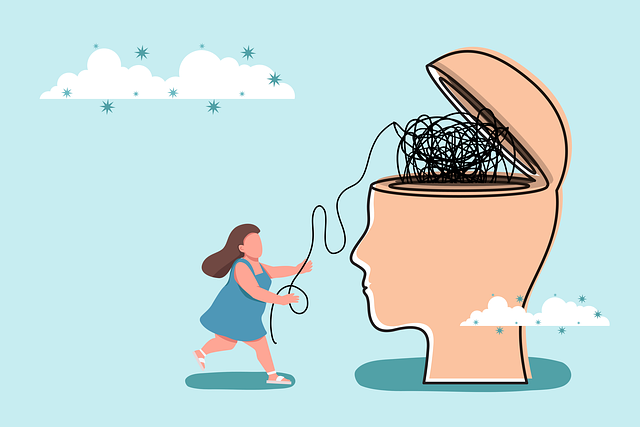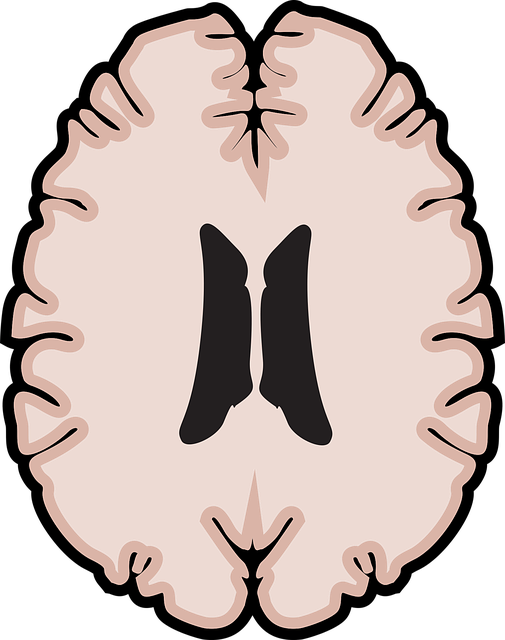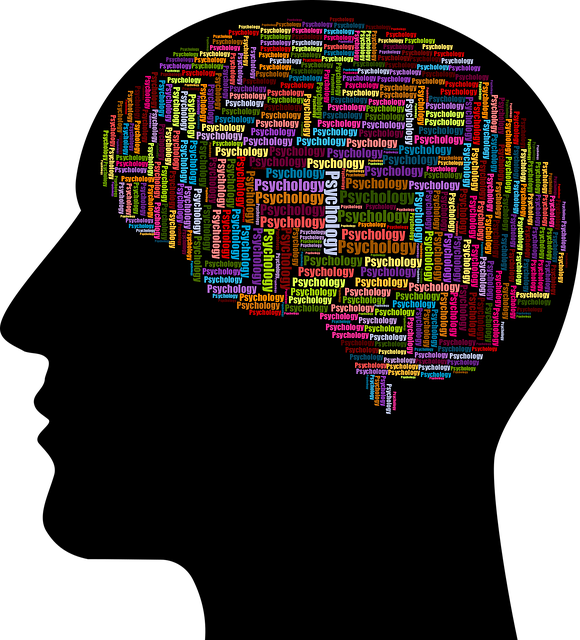Emotion regulation through Cognitive Behavioral Therapy (CBT) is a powerful tool for adults seeking improved mental well-being. CBT equips individuals with strategies to identify and challenge negative thought patterns linked to intense emotions, fostering self-awareness and teaching practical emotional management methods. This therapy enhances resilience, promotes emotional balance, and enables better interactions in daily life. Techniques include mindfulness meditation, present-moment focus, conflict resolution skills, and journaling, all aimed at enhancing emotional intelligence and overall mental health. While challenges may arise, success requires patience, personalized approaches, and reinforcing positive thinking principles.
Emotion regulation techniques are essential tools for navigating life’s challenges. This comprehensive guide explores cognitive behavioral therapy (CBT) as a powerful approach to adult emotion regulation, delving into its foundational understanding and significant benefits. We’ll uncover practical strategies, from identifying emotional triggers to implementing daily coping mechanisms. Additionally, we’ll discuss the potential challenges of teaching these techniques while highlighting their transformative potential in enhancing mental well-being.
- Understanding Emotion Regulation and Its Importance
- Cognitive Behavioral Therapy (CBT) for Adult Emotion Regulation
- Techniques to Identify and Manage Emotions
- Practical Strategies for Daily Application
- Benefits and Potential Challenges in Teaching Emotion Regulation Techniques
Understanding Emotion Regulation and Its Importance

Emotion regulation is a vital skill that enables individuals to manage and control their emotional responses effectively. It involves recognizing, understanding, and moderating feelings in a healthy way, ensuring they don’t overwhelm or negatively impact one’s life. In today’s fast-paced world, where stress and pressure are prevalent, learning these techniques can be a game-changer for mental well-being. Not only does it foster self-awareness exercises, but it also serves as an essential tool in burnout prevention, empowering people to navigate their emotional landscapes with grace.
Cognitive Behavioral Therapy (CBT), a widely recognized therapy for adults, often incorporates emotion regulation strategies. CBT helps individuals identify and challenge negative thought patterns contributing to intense emotions. By teaching practical methods to manage feelings, it promotes better mental health and enhances overall resilience. Additionally, developing a self-care routine that incorporates these techniques can further strengthen one’s ability to cope with life’s challenges, ensuring emotional balance and tranquility.
Cognitive Behavioral Therapy (CBT) for Adult Emotion Regulation

Cognitive Behavioral Therapy (CBT) is a highly effective therapy for adults seeking to improve their emotional regulation skills. CBT focuses on identifying and challenging negative thought patterns, which in turn influences emotional responses and behaviors. By teaching individuals to recognize and reframe distorted thinking, this therapeutic approach empowers them to manage intense emotions more effectively. Through structured conversations with a trained therapist, adults can learn valuable coping strategies tailored to their unique needs.
In the context of emotion regulation, CBT provides practical tools for navigating challenging situations. It encourages individuals to develop empathy building strategies, fostering better understanding and connection with others. Furthermore, CBT often incorporates public awareness campaigns development, promoting self-awareness and encouraging positive interactions in daily life. These techniques are instrumental in helping adults lead more balanced and fulfilling lives by enhancing their emotional resilience.
Techniques to Identify and Manage Emotions

Identifying and managing emotions is a key aspect of emotional regulation techniques teaching. Cognitive Behavioral Therapy (CBT), for instance, equips individuals with tools to recognize and challenge negative thought patterns that trigger or exaggerate emotional responses. Through this therapy, adults can learn to identify their emotional cues, understand the underlying causes, and replace unhelpful thoughts with more realistic, balanced perspectives. This process helps in regulating emotions effectively, thereby improving overall emotional well-being.
Additionally, mindfulness meditation plays a significant role in these techniques. It enables individuals to focus on the present moment, accept their emotions without judgment, and develop a non-reactive mindset. Risk management planning for mental health professionals is also essential, providing strategies to help clients anticipate and cope with intense emotions, especially during stressful situations. These techniques, combined with CBT, offer comprehensive solutions for adults seeking to enhance their emotional regulation skills and promote better mental health.
Practical Strategies for Daily Application

Teaching emotion regulation techniques is a powerful tool for adults seeking to improve their mental well-being. Practical strategies derived from cognitive behavioral therapy (CBT) offer effective ways to navigate and manage emotions on a daily basis. Encouraging individuals to recognize and label their feelings is a fundamental step; this awareness fosters a deeper understanding of emotional triggers, enabling people to respond thoughtfully rather than reacting impulsively.
By practicing mindfulness exercises, such as deep breathing and meditation, adults can enhance their emotional intelligence, thereby improving conflict resolution techniques. These practices help in staying present, calming the mind, and regulating moods effectively. Integrating regular self-reflection and journaling allows individuals to track their emotions, identify patterns, and implement strategies for better mood management, ultimately leading to improved mental resilience.
Benefits and Potential Challenges in Teaching Emotion Regulation Techniques

Teaching emotion regulation techniques offers a powerful tool for individuals to navigate their emotional landscape effectively. This skill set is particularly beneficial in promoting mental well-being and overall resilience, especially for adults seeking therapy. Cognitive Behavioral Therapy (CBT), known for its effectiveness, often incorporates these techniques to help clients manage stress, anxiety, and depression by challenging negative thought patterns and behaviors.
While teaching emotion regulation can be immensely rewarding, it also presents certain challenges. Students may struggle with embracing their emotions or finding the motivation to implement new strategies. Additionally, some individuals might face difficulties in applying these techniques in real-life situations due to deeply ingrained habits and automatic responses. Overcoming these challenges often requires patience, a tailored approach, and reinforcing positive thinking and mind over matter principles. Conflict resolution techniques can also be valuable in helping students navigate difficult emotions and interactions more constructively.
Emotion regulation techniques, as explored through cognitive behavioral therapy for adults, offer a powerful toolkit for managing mental health. By understanding the importance of emotion regulation and utilizing practical strategies, individuals can enhance their overall well-being. While there are potential challenges in teaching these skills, the benefits—from improved emotional resilience to enhanced quality of life—make it a valuable endeavor. Integrating these techniques into daily routines empowers folks to navigate life’s ups and downs with greater ease.











